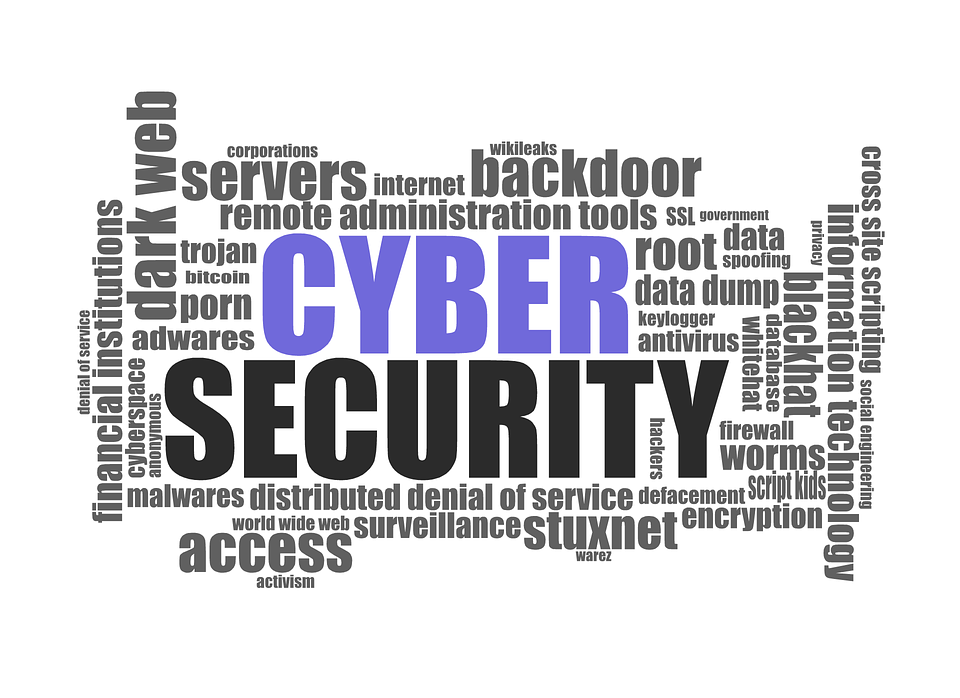Phishing: (fish’ing) (n.)
This is when someone sends you an e-mail falsely claiming to be a legitimate business – like your bank or credit card company – in an attempt to scam you into giving them your personal, private information that they can use to access your accounts.
Phishing, also referred to as brand spoofing or carding, is a variation on “fishing”, the idea being that bait is thrown out with the hopes that while most will ignore the bait, some will be tempted into biting.
It’s an online form of Identity Theft. The e-mail then directs the recipient to visit a web site where they are asked to provide maintenance or update their personal information, such as:
Phishing is so dangerous because the web site doesn’t ask for personal information. All of the information you provide is used to request money or provide some form of service to the web site owners.
Once you visit their web site, you’re asked to load maintenance software onto your computer in order to keep your computer “clean”. Once you’ve done this, and it seems to be working, you may think everything is proceeding smoothly.
Until you start to notice some strange e-mails starting to come through your inbox, starting with “This is for your bank account update” followed by “To unsubscribe from this list – please click here”, then you begin to suspect something is wrong.
This scam is popular with e-mails that look like they have been through a variety of editors, making them really illegible. But once you’ve clicked on the link – once – you’ve added insult to injury, as the web site doesn’t really have an option to decline.
Avast! remembers what you’ve told it and puts you in the list of people who have viewed this section. When you visit the site again, it identifies you again as a returning visitor, and asks you to update your account info in order to complete your subscription.
Of course now you’re upset because the emails kept coming, and each time you updated your information, they said you had to use a password etc. So you might be wondering why it happened in the first place.
The main reason is that you had been using a weak password on your computer, which was easy to break into.
It’s always better to use a good password – but these days, even jayapoker the best one isn’t good enough.
Generate a New, Strong Password
Now we’re discussing something that has happened to you. Use a random password, and make sure it has a length of at least eight characters, and includes lowercase and uppercase letters, numbers, and symbols.
It can help to increase the length by adding a symbol at the beginning, and it’s better to use a combination of numbers and letters than find them all in one password. To include symbols, you must first write the password down, then take two non-overlapping hands and grasp both sides of the keyboard as one piece of code to generate the symbol.
jayapoker online When you’re creating a password, don’t use a word that’s been found in a dictionary – a program can be written to tackle any word on your list – as geeks on a certain site discovered to their cost that using a simple cheat can give them access to important information.
An example is when you receive an email that contains a link, upon clicking on the link, it may be possible to view the source code of the webpage the link is linking to. If you’ve never used a password like this, it’s possible for someone who wants to know your password to piece together your jumbled code words, and then use this info to decipher your password.
That’s even better than just stealing your info. How do you think they’d feel if they discovered all your other passwords? Probably not too good.
Step 6: Do not share your password with anyone else
This is probably the most important thing you can do. Stop and do not share your password with anyone else for any reason. Showing someone your most precious personal information is a mans job, and should be treated as such.
Especially since, most likely, you’ve spent the last number of years building up that information about your company, and now you’ve got data that’s been updated every day. Stop and ask yourself, what’s the deal?
Look at it this way, how many times have YOU Googled your company, to find out what your employees’ names are, or where they work?
If shared within the office, it’s likely that someone will overhear you using the information, and then pass it on to someone else.
Perhaps your most important data is on a server, or on a laptop, that is shared.